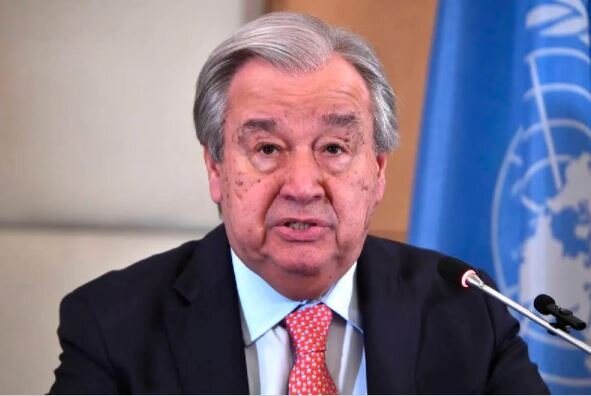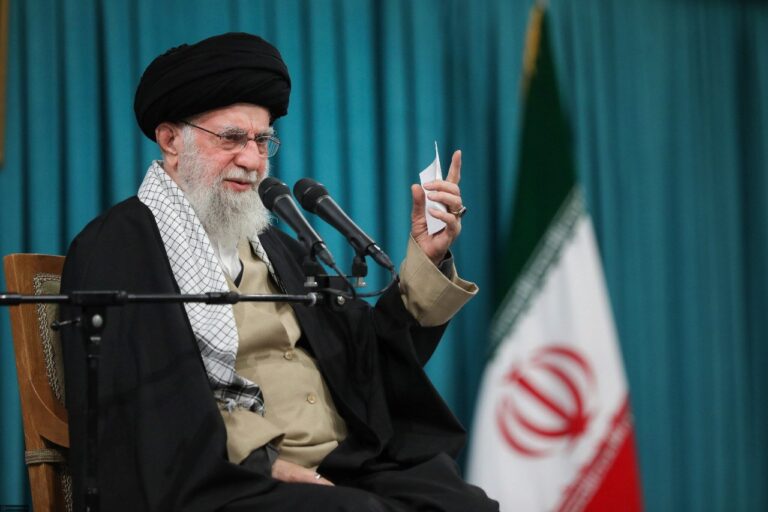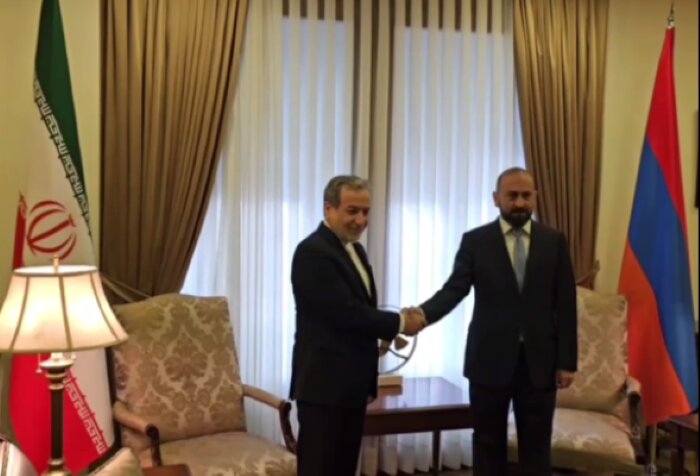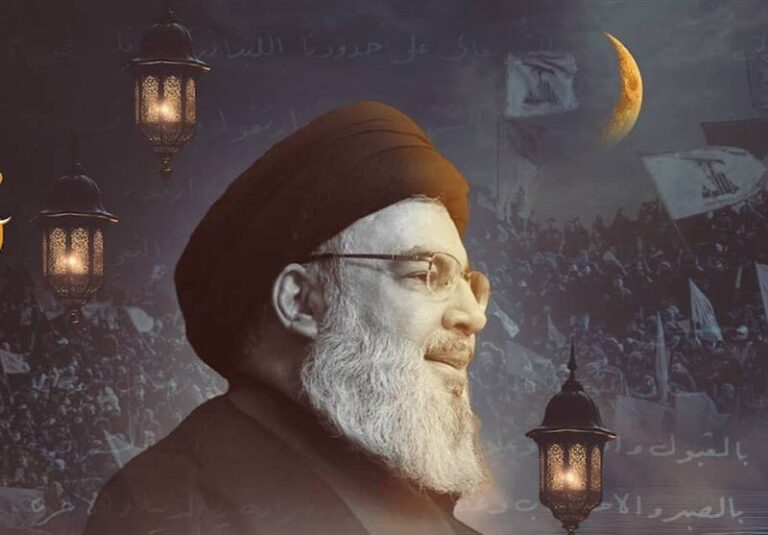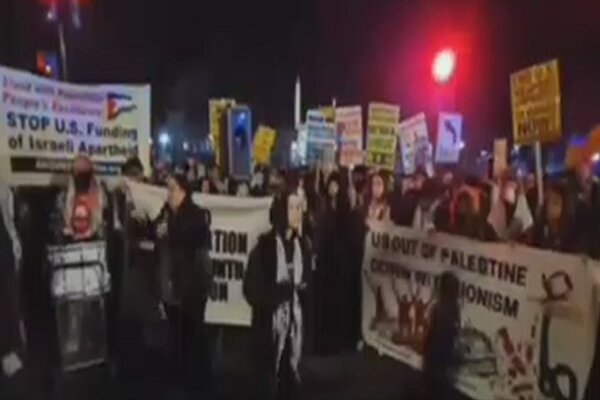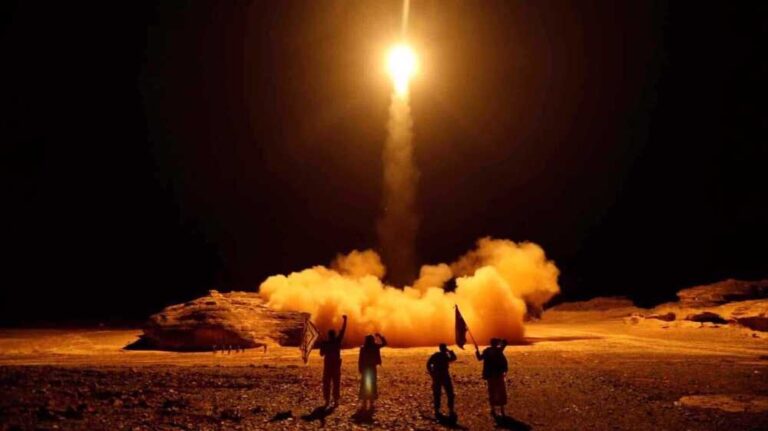Strengthening Alliances: Calls for Closer Israel Relations Amid Syria’s Occupation
Abu Mohammed al-Jolani, the leader of Hay’at Tahrir al-Sham (HTS) and the newly appointed president of Syria, has recently made significant comments about his willingness to normalize relations with Israel. This development is particularly striking given the historical context of Israeli territorial occupation of parts of Syria. The implications of this shift raise critical questions about legitimacy, sovereignty, and the future of Syrian politics amidst the ongoing regional conflicts and the influence of foreign powers in Syria.
Since the fall of Bashar al-Assad’s government in December 2024, Israel has intensified its military operations in Syria. In a matter of months, the Israeli army has conducted hundreds of airstrikes and ground operations targeting Syrian military assets. These aggressive actions have severely weakened Syria’s military capabilities, with Israeli forces gaining control over extensive areas, including additional regions of the Golan Heights, which contravenes the 1974 Disengagement Agreement.
In conjunction with these military actions, Israel has established numerous military bases, deployed minefields, and initiated infrastructure projects to consolidate its presence in the region.
Jolani’s Strategy Amid Syria’s Military Collapse
Jolani’s willingness to normalize ties with Israel without demanding a withdrawal from Syrian territories challenges the traditional Syrian and Arab perspectives on sovereignty and territorial integrity. While it appears that Jolani prioritizes gaining international legitimacy and economic support over reclaiming occupied lands, Israel’s military aggression has significantly undermined Syria’s defense capabilities.
- Many Syrians, along with the broader Arab population, view the Israeli occupation as a core national issue. Jolani’s stance may alienate these groups.
- His position could be interpreted as a desperate measure to maintain power in a country ravaged by fourteen years of conflict.
- Syria’s military strength is in tatters, and its economy has been devastated, leading to immense pressure on its transitional authority to stabilize the nation.
- Establishing relations with Israel might pave the way for securing Western support, including relief from sanctions.
For Israel, establishing normalization with Jolani’s regime could potentially alter the dynamics with Syria’s traditional allies near its borders and facilitate Syria’s integration into a U.S.-backed regional security framework. However, the repercussions of Israel’s military operations have led to significant civilian casualties, displacements, and a fragmentation of social structures across Syria.
Jolani’s endorsement of normalization without first addressing the humanitarian crises or obtaining guarantees for an Israeli withdrawal may exacerbate existing divisions within Syrian society. The complexities of this situation highlight the precarious balance between political maneuvering and the pressing humanitarian needs of the Syrian people.
Conclusion
The evolving situation in Syria, marked by Abu Mohammed al-Jolani’s surprising overtures towards normalization with Israel, poses profound challenges and opportunities for the future of the region. As the narrative unfolds, the implications for Syrian sovereignty, regional stability, and the humanitarian landscape remain to be seen.

